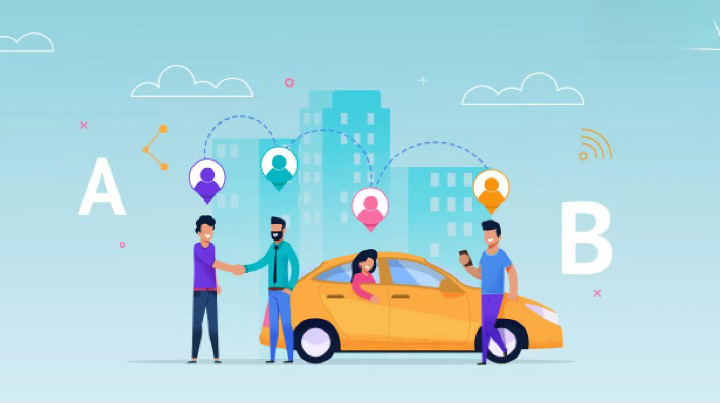Carpooling is a cost-effective and sustainable mode of transportation that involves sharing a ride with others who are traveling in the same direction. This method of transportation has been gaining popularity in recent years as more people become aware of its benefits. In this article, we will discuss why carpooling is important and how it can benefit individuals, communities, and the environment.
Saves Money
Carpooling is an excellent way to save money on transportation costs. Individuals can significantly reduce their expenses by sharing the cost of fuel and maintenance. For example, if four individuals carpool to work instead of driving separately, they can save up to 75% on fuel costs. Furthermore, carpooling reduces the need for additional vehicles, which can lead to savings on car insurance and parking fees.

Reduces Traffic Congestion
Traffic congestion is a major problem in many cities worldwide, leading to a significant waste of time and money. Carpooling can help reduce traffic congestion by reducing the number of vehicles on the road. This, in turn, can help reduce travel times and improve air quality.
Reduces Carbon Footprint
Carpooling is an environmentally friendly mode of transportation as it reduces the number of vehicles on the road, reducing greenhouse gas emissions. According to a study by the American Public Transportation Association, carpooling can save up to 37 million metric tons of carbon dioxide emissions annually.
Improves Social Interaction
Carpooling allows individuals to interact with others and build social connections. This can especially benefit individuals new to an area or looking to expand their social circle.
Reduces Stress
Driving in traffic can be stressful, which can negatively affect an individual’s health and well-being. Carpooling can help reduce stress levels as individuals can take turns driving, thereby reducing the need for individuals to drive in traffic every day.
Increases Safety
Carpooling can also improve safety on the road. With fewer vehicles on the road, the risk of accidents is reduced. Additionally, individuals who carpool can take turns driving, reducing the risk of fatigue-related accidents.
Boosts Productivity
Carpooling can also boost productivity as individuals can use the time spent commuting to work or school to catch up on work, read, or relax. This, in turn, can lead to a more productive day and a better work-life balance.
Enhances Mobility
Carpooling can also enhance mobility for individuals who may not have access to a vehicle or public transportation. By carpooling, these individuals can access areas that may not be accessible via public transportation, enhancing their mobility and improving their quality of life.
Conclusion
Carpooling is a cost-effective and sustainable mode of transportation that can benefit individuals, communities, and the environment. By reducing transportation costs, traffic congestion, and carbon emissions, carpooling can help create a better world for all of us.





